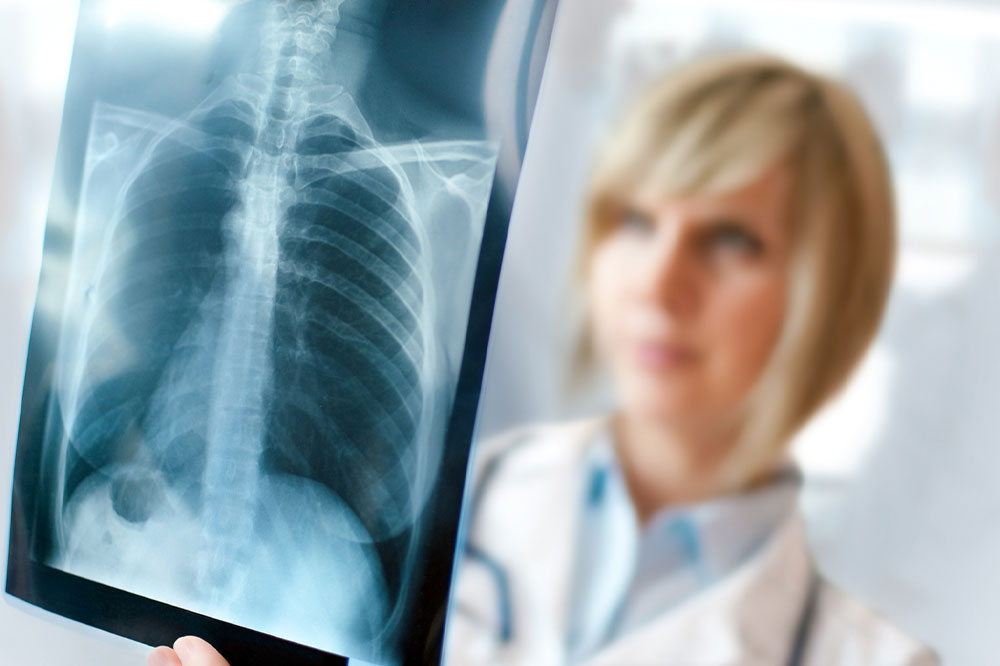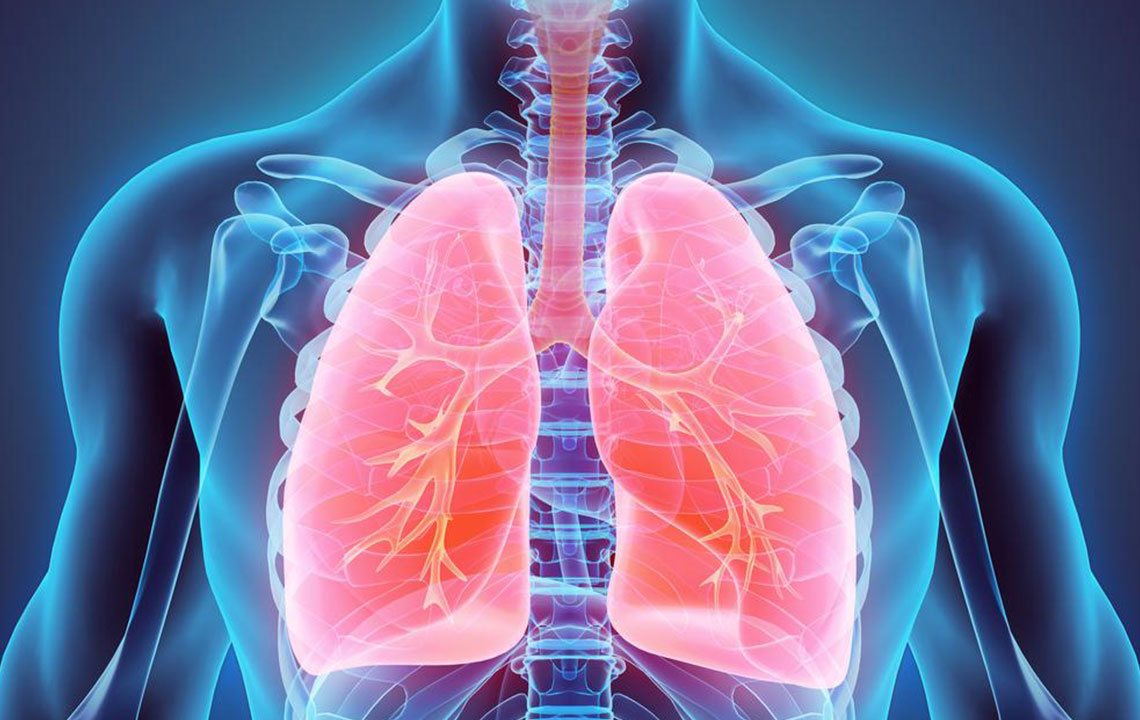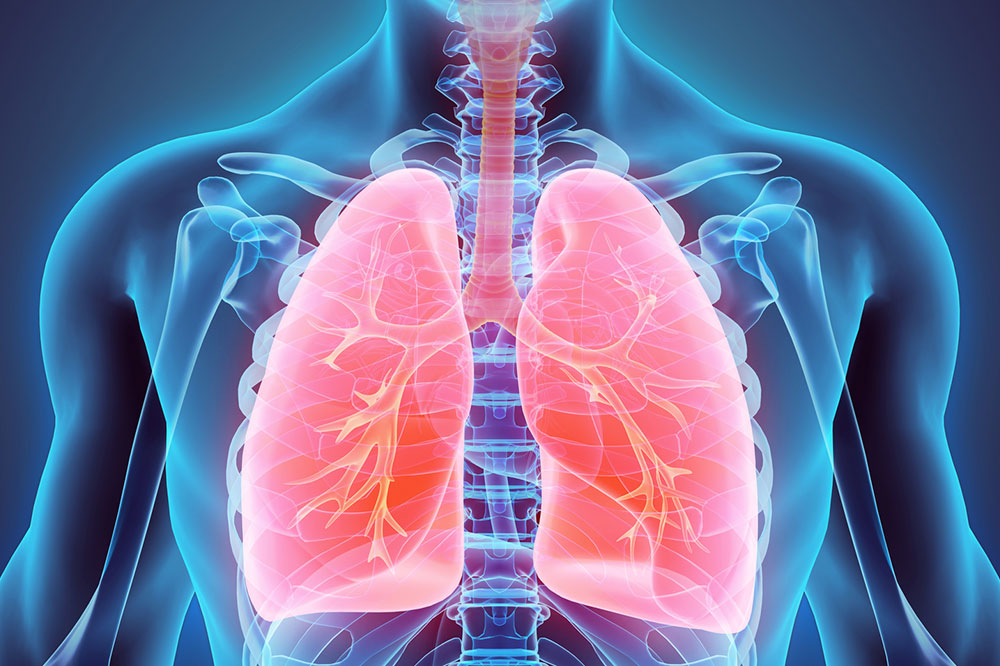Recognizing and Managing Lung Cancer: Key Signs and Treatment Strategies
Learn about the early signs, symptoms, and treatment options for lung cancer. Recognizing symptoms like persistent cough, blood in sputum, and fatigue can lead to early diagnosis. Treatment varies from surgery and radiation to chemotherapy and targeted therapies, depending on the stage and type. Preventive measures such as quitting smoking and avoiding pollution are crucial. Early intervention improves outcomes, so consult your healthcare provider if you notice any concerning symptoms to ensure timely management of lung cancer.

Recognizing and Managing Lung Cancer: Key Signs and Treatment Strategies
Early stages of lung cancer often present subtle symptoms such as mild coughing and shortness of breath, which vary depending on the affected lung area. As the disease progresses, symptoms intensify and may include systemic issues like fatigue and decreased appetite. Common early indicators include a persistent cough, blood-tinged sputum, fatigue, weight loss, and frequent infections like pneumonia. Advanced lung cancer spreads to organs like the liver, brain, and bones, causing symptoms such as bone pain, jaundice, headaches, limb weakness, swelling, and lumps near the collarbone or neck. Prompt medical attention and early diagnosis significantly improve treatment outcomes.
Lung cancer often causes a lingering cough, which may become painful or chronic.
Coughing up blood or rust-colored phlegm warrants immediate medical evaluation.
Persistent fatigue and weight loss are common signs.
Frequent respiratory infections indicate possible disease progression.
Early detection is critical. Once symptoms are noticed, consulting a healthcare professional is essential for tests and diagnosis. Treatment options vary based on the type (NSCLC or SCLC) and stage of cancer. Surgical removal is effective mainly in early stages, particularly for tumors confined to the lungs. Radiation therapy offers an alternative for those unable to undergo surgery. Chemotherapy remains a standard for widely spread disease, especially for SCLC. Targeted treatments, such as antibody-based therapies, are available for specific cases, especially when traditional options fail. Lifestyle changes, quitting smoking, avoiding pollution, and regular health checks are vital preventive measures to reduce risk and improve lung health.
Committed early detection and personalized treatment approaches are key to managing lung cancer effectively. Maintaining a healthy lifestyle and avoiding known risk factors can significantly lower the likelihood of developing this disease. Regular screenings and prompt medical attention at the first signs can dramatically enhance prognosis and quality of life.










